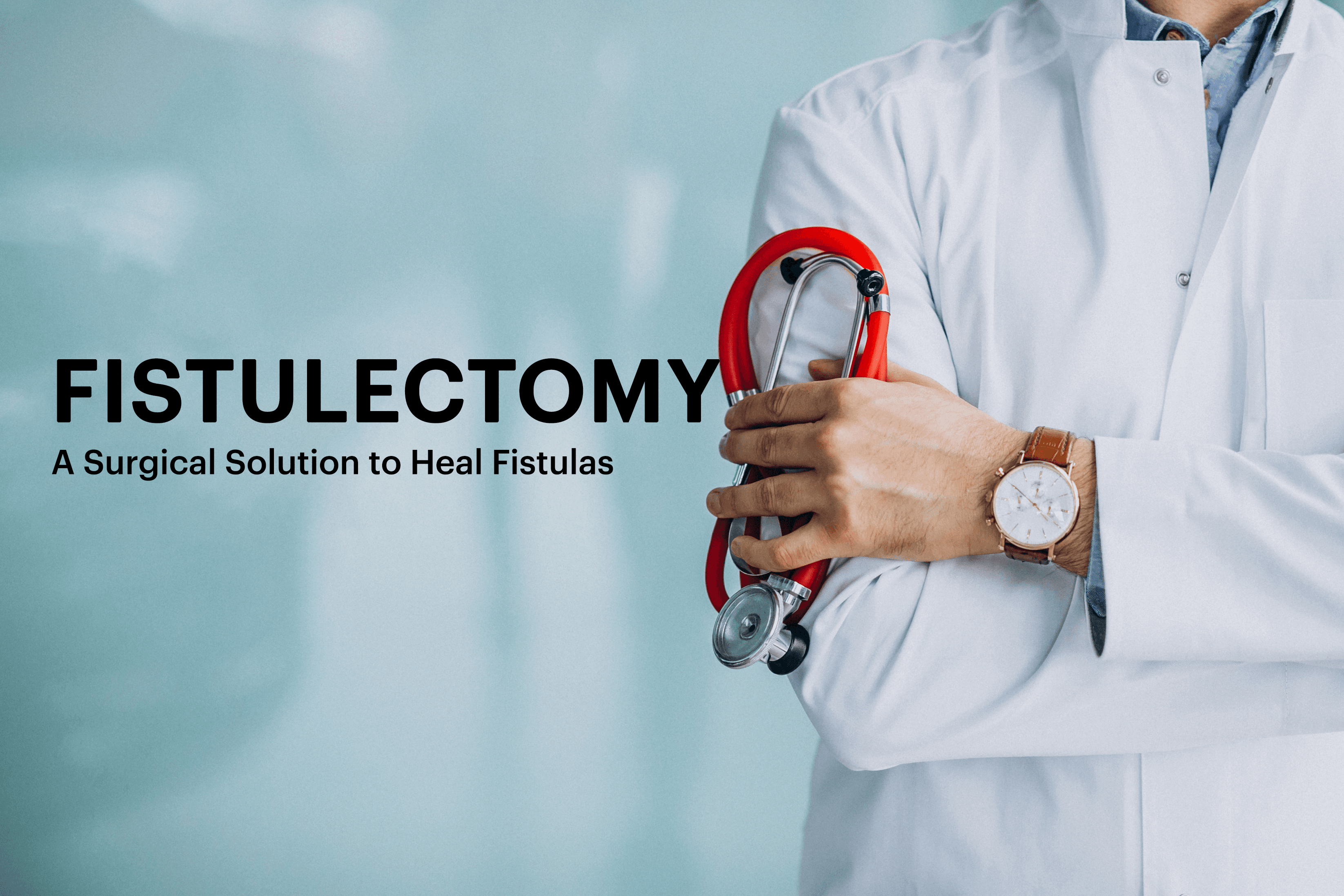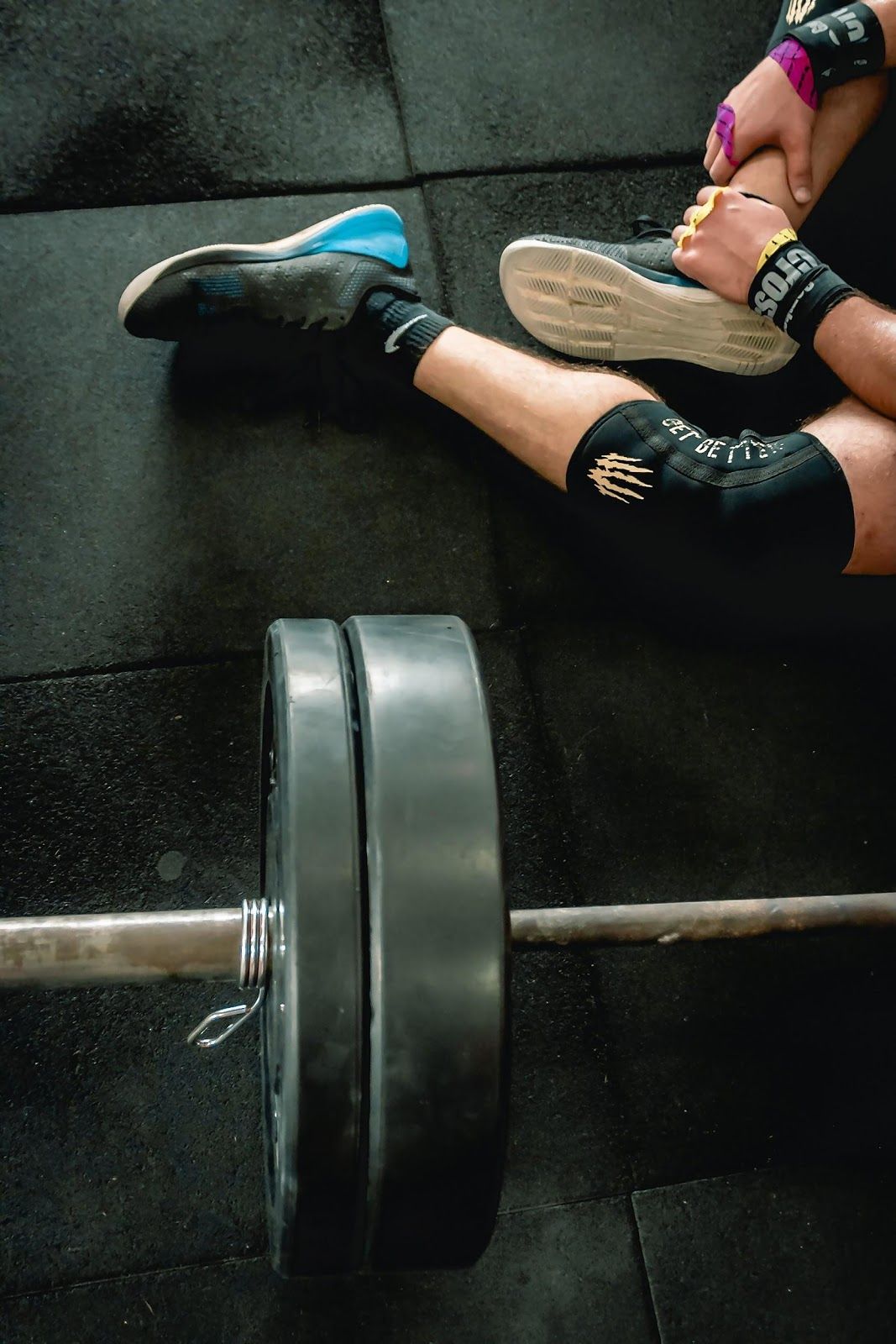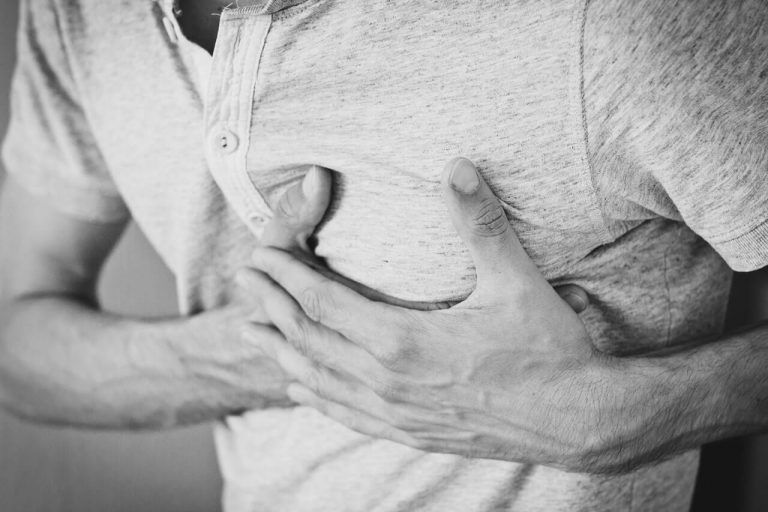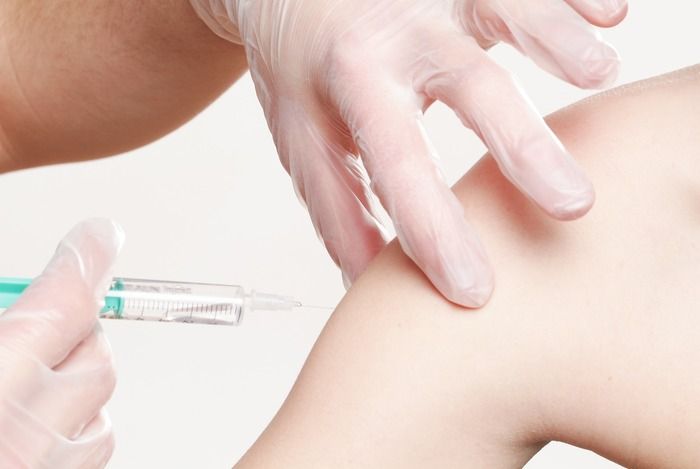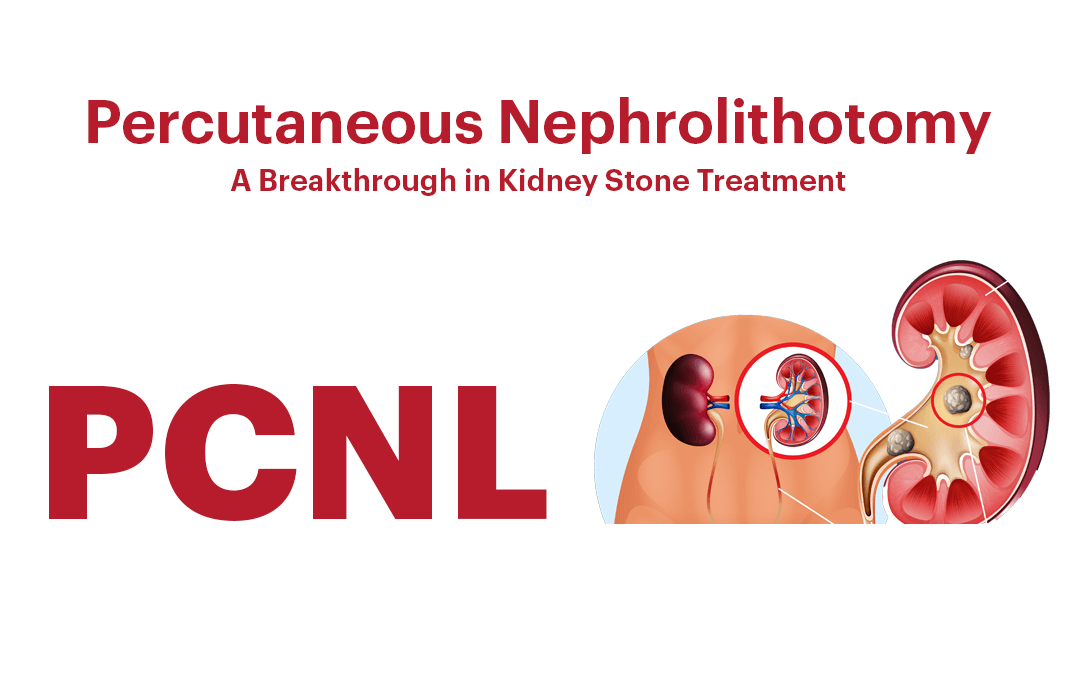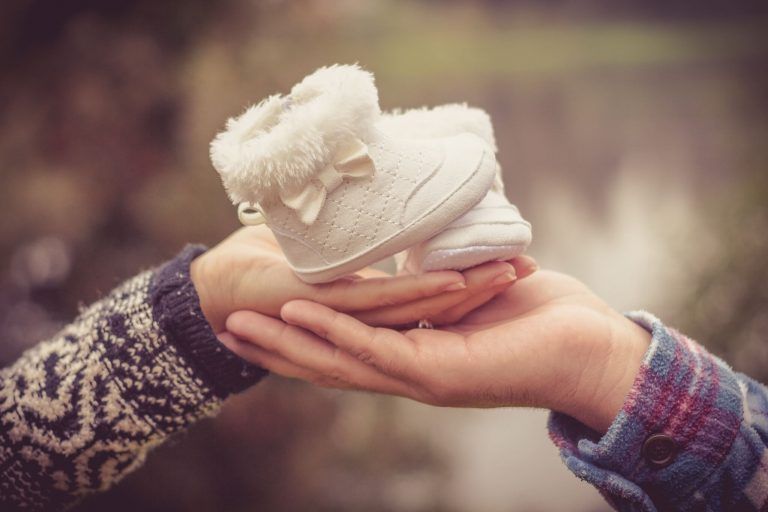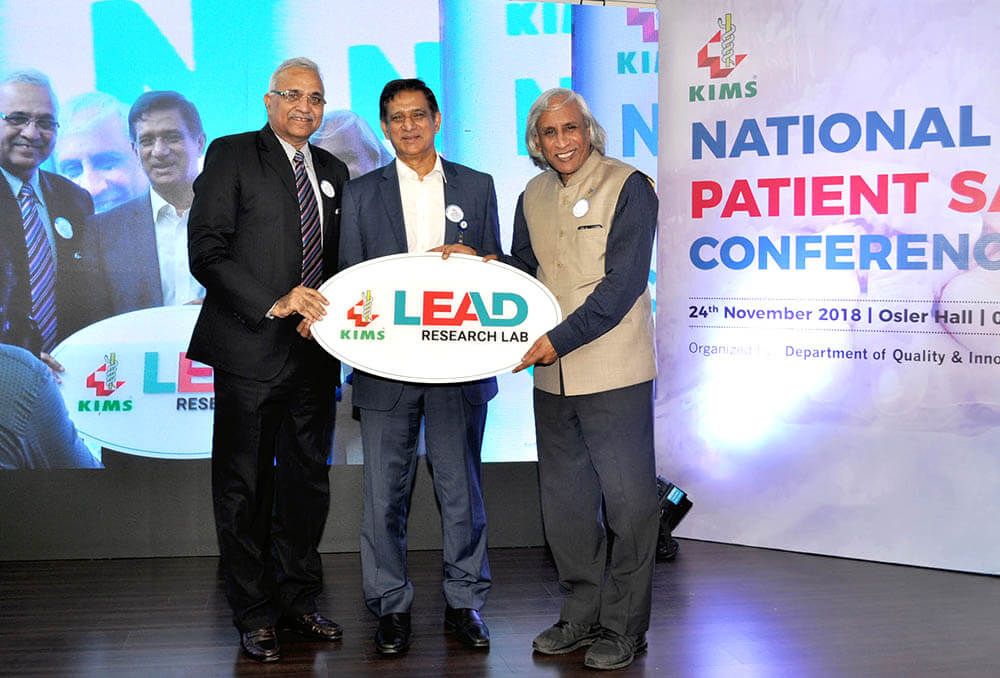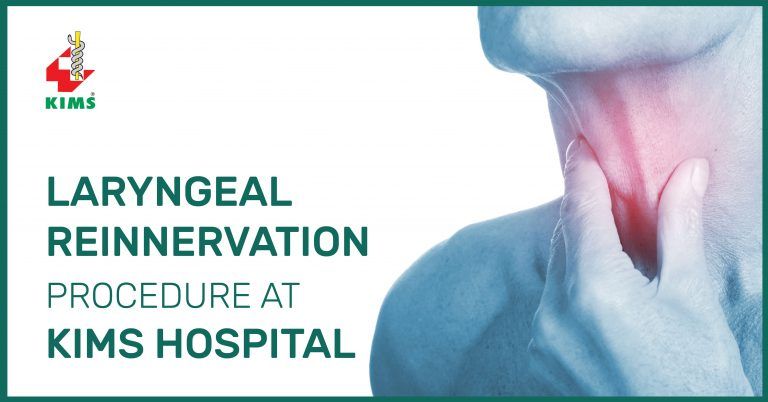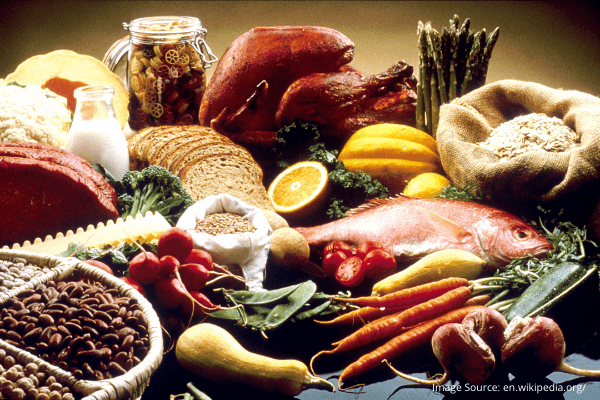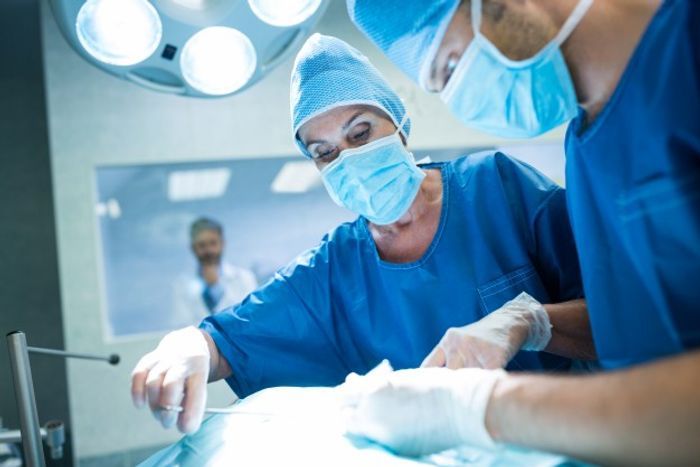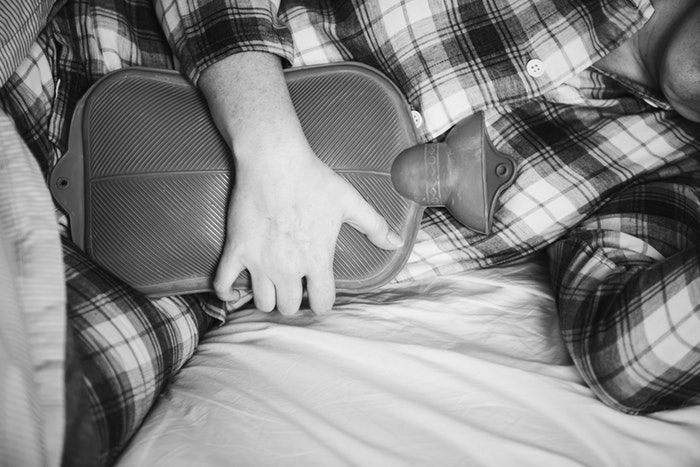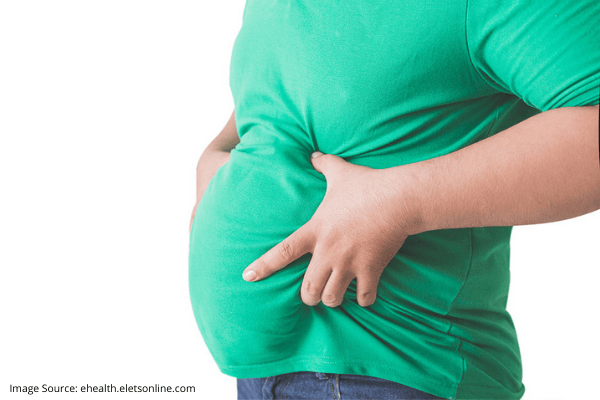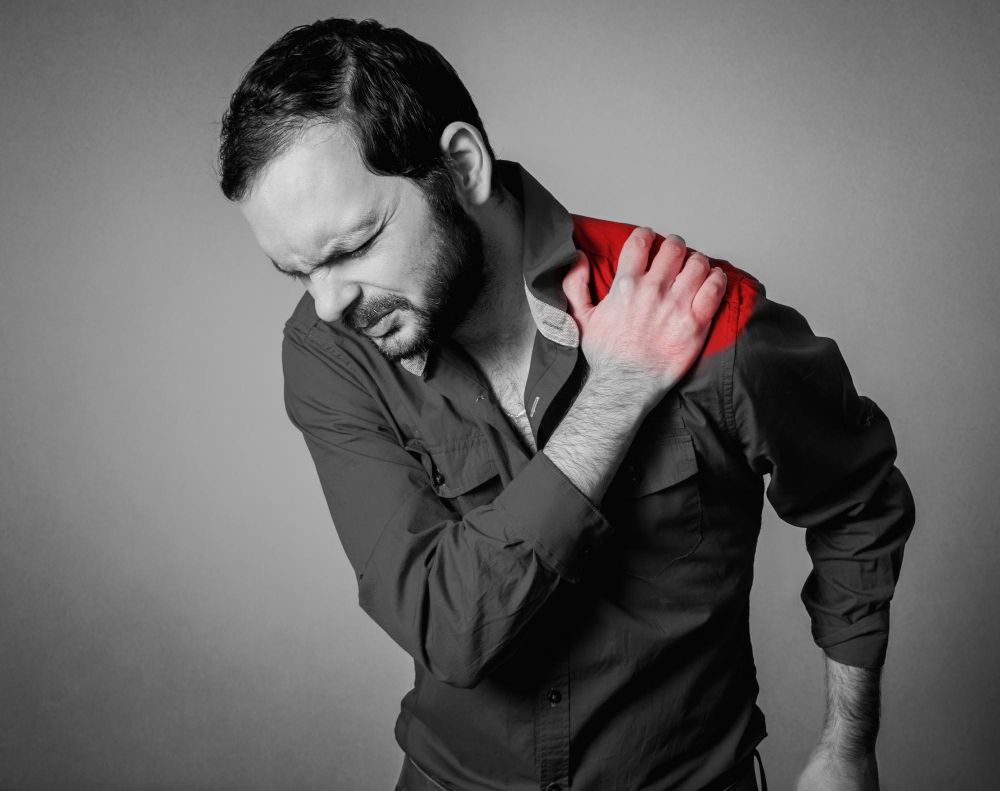Fistulectomy: A Surgical Solution To Heal Anal Fistulas
Anal fistulas are a painful and uncomfortable condition that can greatly impact an individual's quality of life. While there are various treatment options available, one of the most effective and commonly used procedures is a fistulectomy. In this blog, we will explore what a fistulectomy is when it is recommended, how the procedure is performed, the recovery process, and the potential complications associated with this surgical intervention.
What is a Fistulectomy?
A fistulectomy is a surgical procedure used to treat anal fistulas. An anal fistula is an abnormal tunnel-like connection that forms between the anal canal and the skin near the anus. It often results from an anal abscess that has not fully healed. These fistulas can cause pain, discomfort, and recurrent infections, making them a cause for concern. A fistulectomy involves the removal of the fistula tract and the surrounding infected tissue, aiming to promote healing and alleviate symptoms.
When is a Fistulectomy Recommended?
A fistulectomy is typically recommended in the following situations:
- Chronic or Recurrent Fistulas: When anal fistulas do not respond to non-surgical treatments or keep recurring, a fistulectomy is often considered.
- Complicated Fistulas: Complex fistulas with multiple tracts or connections may require surgical intervention for complete removal.
- Abscess Formation: If an anal abscess has developed alongside the fistula, surgical drainage, and fistulectomy may be necessary.
- Severe Symptoms: When patients experience severe pain, persistent discharge, or difficulty with hygiene due to the fistula, surgery is usually the preferred option.
The Fistulectomy Procedure
A fistulectomy procedure involves several key steps:
- Anesthesia: Before the procedure begins, the patient is given anesthesia, which can be general, regional, or local, to ensure they are pain-free during the operation.
- Incision: The surgeon makes an incision around the fistula tract, allowing access to the tunnel-like structure.
- Fistula Removal: The fistula tract, along with any infected tissue, is carefully excised.
- Closure: The wound is closed with sutures, leaving the incision site to heal from the inside out.
- Drainage: In some cases, a small drainage tube may be inserted to facilitate the removal of excess fluids and promote healing.
Recovery and Post-Operative Care
The recovery process following a fistulectomy involves several aspects:
- Pain Management: Patients may experience pain and discomfort after the surgery. Over-the-counter or prescribed pain medications are provided to manage this discomfort.
- Diet and Hygiene: Patients are usually advised to follow a soft diet and maintain good anal hygiene to prevent infection. Warm sitz baths may also be recommended to aid healing.
- Physical Activity: Strenuous activities and heavy lifting should be avoided during the initial recovery period, allowing the surgical site to heal.
- Follow-Up: Regular follow-up appointments with the surgeon are essential to monitor the healing process and address any concerns.
Complications and Risks
While fistulectomy is generally a safe and effective procedure, there are potential complications and risks associated with it. These may include:
- Recurrence: There is a small risk of the fistula recurring, especially if the entire tract is not completely removed.
- Infection: Infection at the surgical site is a possible complication, which can be managed with antibiotics.
- Bleeding: Post-operative bleeding may occur, but it is typically minimal and self-limiting.
- Pain and Discomfort: Pain and discomfort are common immediately after the surgery but should improve with time.
- Fecal Incontinence: In rare cases, damage to the anal sphincter muscles during surgery can lead to fecal incontinence, or the inability to control bowel movements.
- Delayed Healing: Slow wound healing or the development of a chronic wound is a potential risk.
Conclusion
Fistulectomy is a surgical procedure used to treat anal fistulas, providing relief to individuals suffering from this painful condition. It is typically recommended for chronic or recurrent fistulas, complex cases, or when patients experience severe symptoms. The procedure aims to completely remove the fistula tract and any infected tissue to promote healing and alleviate discomfort.
Recovery from a fistulectomy involves pain management, diet modifications, and careful hygiene. While complications and risks are possible, the procedure is generally safe and effective. If you suspect you have an anal fistula or are dealing with recurrent symptoms, consult with a healthcare professional to determine the most appropriate treatment plan, which may include a fistulectomy. Overall, fistulectomy offers hope for improved comfort and a better quality of life for individuals affected by this challenging condition.
Ten Effective Remedies That You Can Refer to When You Are Suffering from Muscle Cramps
Finally starting off with the gym life can get too overwhelming until you hit those muscle cramps along with the weights.
ICSI(Intra Cytoplasmic Sperm Injection)
Normally during every mid-menstrual period, one of the 2 ovaries releases an ovum. Each ovum is covered by a membrane called follicle,
Pregnancy and Delivery Care
Nothing could possibly compare to the joy of becoming a parent. After nine long months of waiting, the moment you have been waiting for is almost there:
Some Common Causes of Chest Pain
The first thing that jumps into the mind whenever you have some sort of chest pain is heart attack! It’s only human to feel that way
Organic Food Vs GMO Food: What Should You Pick?
There is no doubt that the quality of food we consume is crucial for our good health. And with more people becoming health conscious the d
Importance of Breastfeeding and Vaccinations for Newborns
Going nature’s way is best when it comes to providing nourishment for the apple of your eye – your baby. Breast milk is best for your baby as it
Percutaneous Nephrolithotomy (PCNL): A Breakthrough in Kidney Stone Treatment
Kidney stones, those small, hard mineral deposits that form in the kidneys, can cause excruciating pain and discomfort.
Skin Tags - Benign Tumor or Cancerous Tumor?
Skin tag if observed is a narrow stalk that hangs about your skin, bulging at the end. They are usually freshly colored and can grow anywhere on your body.
3 Ways Vitamin C is Helpful for the Immune System
The water-soluble vitamin, Vitamin C is also known as ascorbic acid. It is helpful in building up the blood vessels, skins, and making bones stronger
4 Signs of Mental Illness
As life has gotten fast and hectic, different health issues have got introduced lately. Not just physical issues,
4 Ways Night-Shifts Can Be Dangerous For Your Menstruation And Ovulation
A good night's sleep is of value for pregnant women. But with strenuous work-hours and shift work, sleep can quite a luxury for all.
Causes Of Infertility in Women
More and more women are putting off pregnancy till well into their 30’s or early 40’s for career reasons; infertility is fast becoming a major heartbreaking issue for such couples.
Do Not Indulge in These 9 Common Dieting Mistakes
Dieting is not just about eating less or starving yourself to meet unrealistic goals. Healthy dieting involves making informed food choices.
Kims Healthcare Group Launches Lead Poisoning Detection and Treatment Centre – First of Its Kind Initaitive in Kerala.
For the first time in Kerala, KIMS has launched a Lead Poisoning Detection and Treatment Center (LEAD RESEARCH LAB) at its flag ship hospital in Trivandrum
Laryngeal Reiinervation Procedure at KIMS Hospital
Mr. K.P 56-year-old business executive from Bangalore underwent a thyroid surgery two years back.
Learn How Stress Affects Your Heart Health
Stress is a frequent side effect of the modern 21st Century lifestyle. We’re always running around to meet deadlines, pay bills we tend to
Lose Weight: The Healthy Way
Almost everyone we know is worried about the way they look. There are several concerns people have, like their complexion
Myths About Bariatric Surgery
Bariatric surgery – be it the gastric bypass and other weight-loss surgeries – involve making changes to your digestive system to help you lose weight.
Non-alcoholic Fatty Liver Disease: Should You be Worried?
A recent study has found that 1 in 5 people in India suffers from liver disorders. Before you blame it on the increased alcohol consumption
Obesity and its Relation to Type 2 Diabetes
Diabetes is a condition that arises when the body doesn’t produce enough insulin,, hence there is excess glucose in the blood
Rotator Cuff Tear
A rotator cuff tear is a rotator cuff injury that can cause shoulder pain and loss of arm function. The rotator cuff is a set of muscles and tendons in your shoulder.
What Happens to Your Body When You Fast?
Fasting has been practised by humans for thousands of years as a way of rejuvenating the mind, body and soul and as a common ritual of many religions from all over the world
10 Tasty Delicious Diabetic-Friendly Recipes
Worry about it no more, as a healthy diabetic diet does not have to be bland. Instead, you can enjoy a myriad of flavorful, low-calorie
4 Not So Common Health Problems in Teenagers
The current generation of teenagers have far more access to technology and gadgets than their parents did.
4 Secrets to Adjusting Your Toddler's Sleep Cycle
Most of the parents, some time or the other, may have faced the trouble of making their toddlers sleep at night.
Related Blogs
Ten Effective Remedies That You Can Refer to When You Are Suffering from Muscle Cramps
Finally starting off with the gym life can get too overwhelming until you hit those muscle cramps along with the weights.
ICSI(Intra Cytoplasmic Sperm Injection)
Normally during every mid-menstrual period, one of the 2 ovaries releases an ovum. Each ovum is covered by a membrane called follicle,


